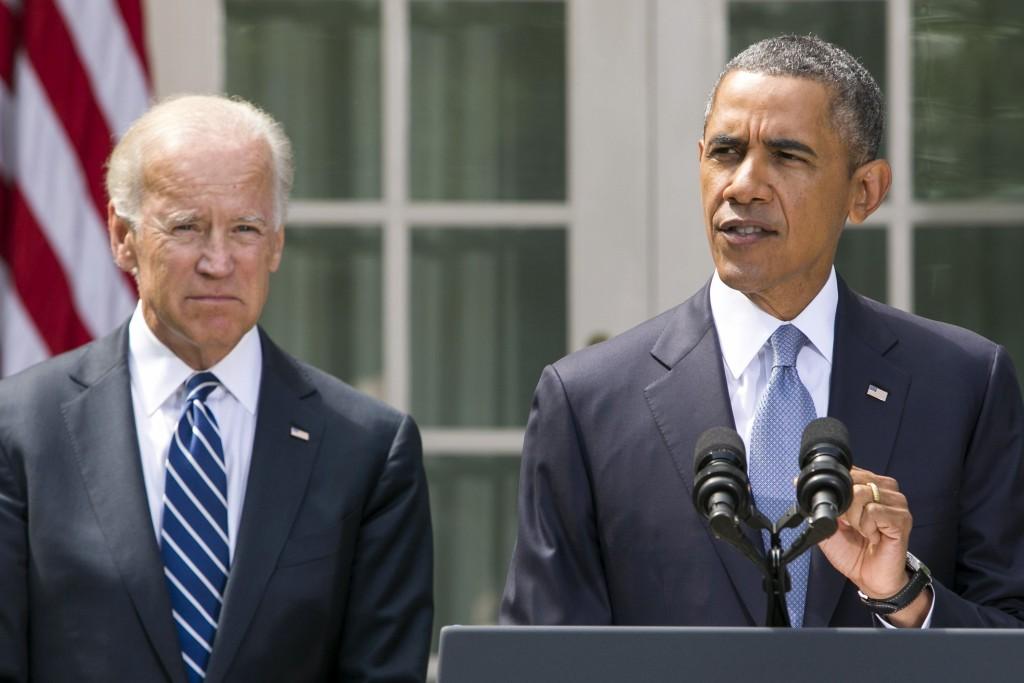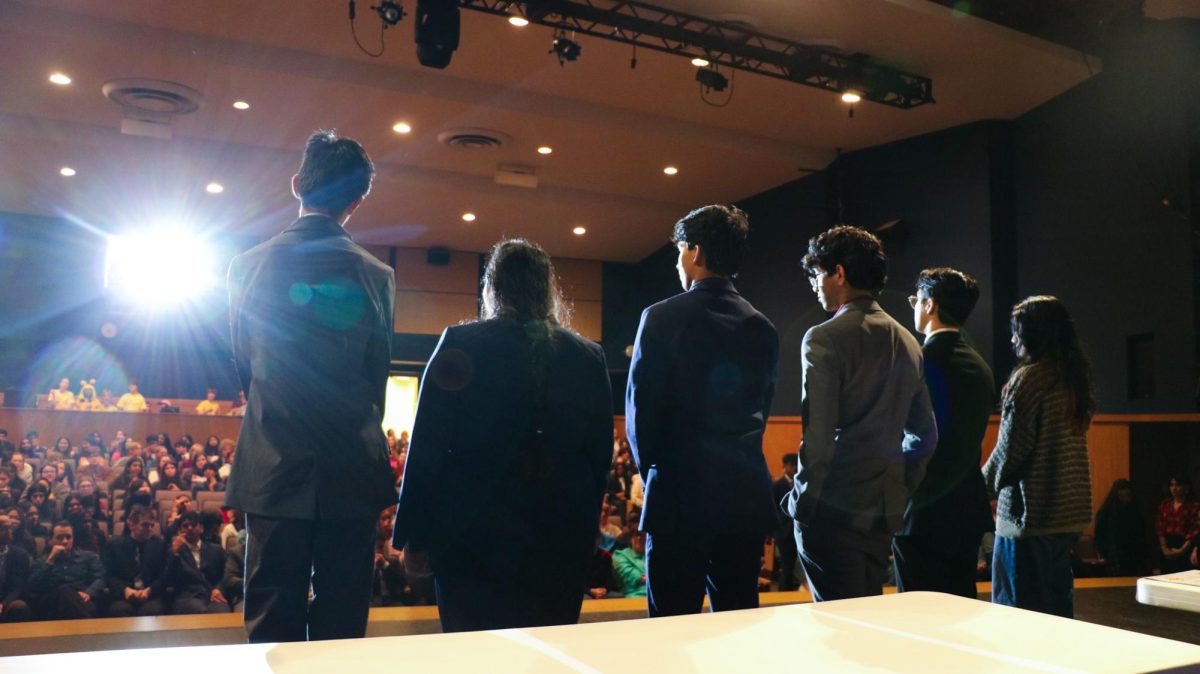
As I was waiting to talk to a teacher, I refreshed my news feed. Syria had chemically gassed its own people in the suburbs of Damascus.
Yet America’s intense emotional response seems to be an eerie déjà vu of the Unites States’ failed increased intervention in the Middle East after the horrific terror seen at 9/11. The United States’ failure in Afghanistan and in Iraq can be attributed to a lack of planning, as anger and confusion often drive policy that is not sufficiently pondered.
So this leaves the following question: should the United States continue to be the world police?
America cannot abandon this pursuit as extreme instances need America’s intervention.
First of all, America is an international policeman that must send messages to hopefully prevent even more tragic massacres in the future.
If America does not respond to the instance in Syria, we will be sending a weak international message that other tyrannical governments such as Iran can also utilize weapons that can dispose of entire cities in only minutes.
Chemical weapons make death too easy.
Sadly, Bashar al-Assad’s usage of chemical weapons may be due to America’s lack of response when Saddam Hussein killed thousands of Kurds in northern Iraq in 1988 with similar weaponry.
On a side note, America’s response to Syria has displayed how international policing can be purely over the negotiation table—not only militaristic.
Second of all, America must be an international policeman because we have seen how our lack of involvement nearly wiped out the entire European Jewish Heritage in World War II.
On a smaller scale, in the 1990’s, tens of thousands of Bosnian Muslims and Croatian citizens were systematically raped and killed—solely due to their ethnicity and religious conviction. America eventually did identify and figure out how to eradicate this ethnic cleansing, which avoided even more serious consequences in the region.
In the country of Rwanda, the Tutsi population was ethnically cleansed by the majority Hutu people. Attempts by the Tutsi ethnicity to assimilate back into the nation that killed and raped their own family members has been a constant struggle. Rwanda serves as a microcosm that demonstrates how lack of intervention can often be even more detrimental in regards to the amount of lives lost. America can avoid elevated international tensions such as this if we educate the world community and seek justice—which could be economic or militaristic.
Third of all, America is an international policeman that must be use to broker alliances between different countries.
It would be phenomenal if Israel and various other Middle Eastern countries independently brokered peace treaties. Most often, countries need incentives, such as economic aid, in order to create more regional peace.
Since the signing of the Camp David Accords in the White House in 1978, the region has not had the equivalent of The Six Day War or the Yom Kippur War. Hence, the United States is a policeman that regulates and mediates peace between polarized nations to increase tranquility in the future.
Renowned diplomat Henry Kissinger talks on the importance of trusting international contacts through negotiation by remarking “We cannot always assure the future of our friends; we have a better chance of assuring our future if we remember who our friends are.â€
It would be wonderful if forums such as the United Nations could actually stand true to its namesake—united. Yet, often, national differences and squabbles push only minimal worthwhile legislation through.
Therefore, America is often placed with the responsibility of shaping international policy towards controversial and polarizing issues. Although America has the most expansive military in the world, it must meticulously consider every action it takes as an international policeman—as the goal is to avoid enmity—not increase it. On an individual basis, the United States’ best international response may sometimes ironically be no response at all.
At the same time, America does have the responsibility as a worldwide policeman, as our intervention can enable countries to conquer the seemingly impossible. End of story.











